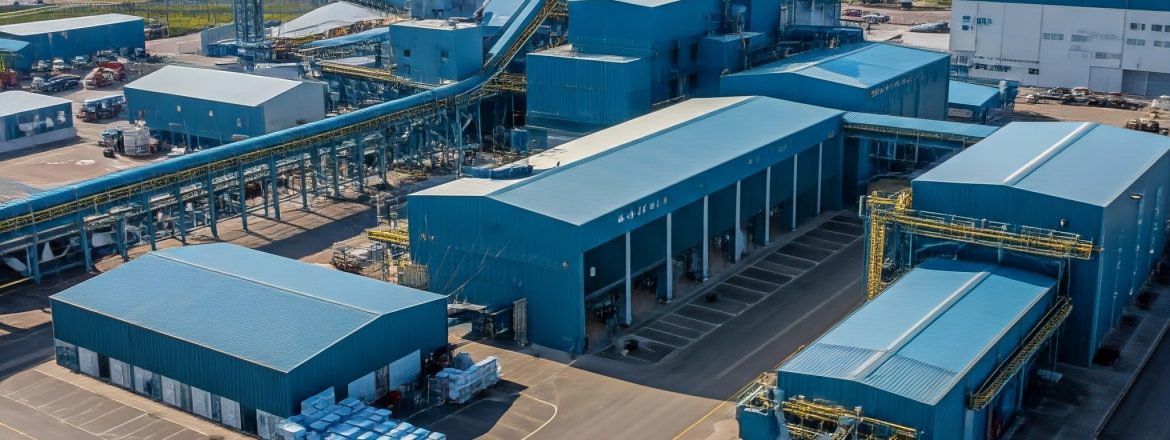Waste management is the collection, transport, processing, recycling, or disposal of waste materials. It’s a crucial aspect of environmental protection and public health. Here’s a breakdown of key things to know:
Types of Waste:
Municipal Solid Waste (MSW): Everyday trash from households and businesses (e.g., paper, plastic, food scraps). Industrial Waste: Generated by factories and industries (e.g., chemicals, hazardous materials).
Hazardous Waste: Toxic or potentially harmful to human health and the environment (e.g., batteries, paints, electronic waste).
Medical Waste: Generated in healthcare settings (e.g., infectious waste, sharps).
E-waste (Electronic Waste): Discarded electronic devices (e.g., computers, phones, TVs).
Key Waste Management Methods:
Reduce: Minimize the amount of waste generated (e.g., buy less, choose products with less packaging). Reuse: Find new uses for items instead of throwing them away (e.g., repair, repurpose, donate).
Recycle: Process used materials into new products (e.g., paper, glass, plastic, metal).
Compost: Convert organic waste (food scraps, yard waste) into nutrient-rich soil.
Incineration: Burn waste at high temperatures to reduce volume and generate energy.
Landfilling: Dispose of waste in designated landfills, with proper lining and monitoring to prevent environmental contamination.
Importance of Proper Waste Management:
Protects human health: Prevents the spread of diseases and reduces air and water pollution. Protects the environment: Minimizes pollution of soil, air, and water.
Conserves natural resources: Reduces the need to extract and process raw materials.
Mitigates climate change: Reduces greenhouse gas emissions from landfills and incineration.
Creates economic opportunities: Supports recycling industries and creates jobs.
Challenges in Waste Management:
Growing waste generation: Increasing population and consumption lead to more waste. Limited landfill space: Finding suitable locations for landfills is becoming increasingly difficult.
Managing hazardous waste: Requires specialized handling and disposal methods.
E-waste disposal: Contains valuable materials but also hazardous substances.
What You Can Do:
Reduce, reuse, and recycle: Practice these principles in your daily life.
Compost food scraps and yard waste. Choose products with minimal packaging.
Support businesses that prioritize sustainability.
Properly dispose of hazardous waste.
Advocate for improved waste management policies.By understanding and implementing effective waste management practices, we can create a more sustainable future for ourselves and the planet.


